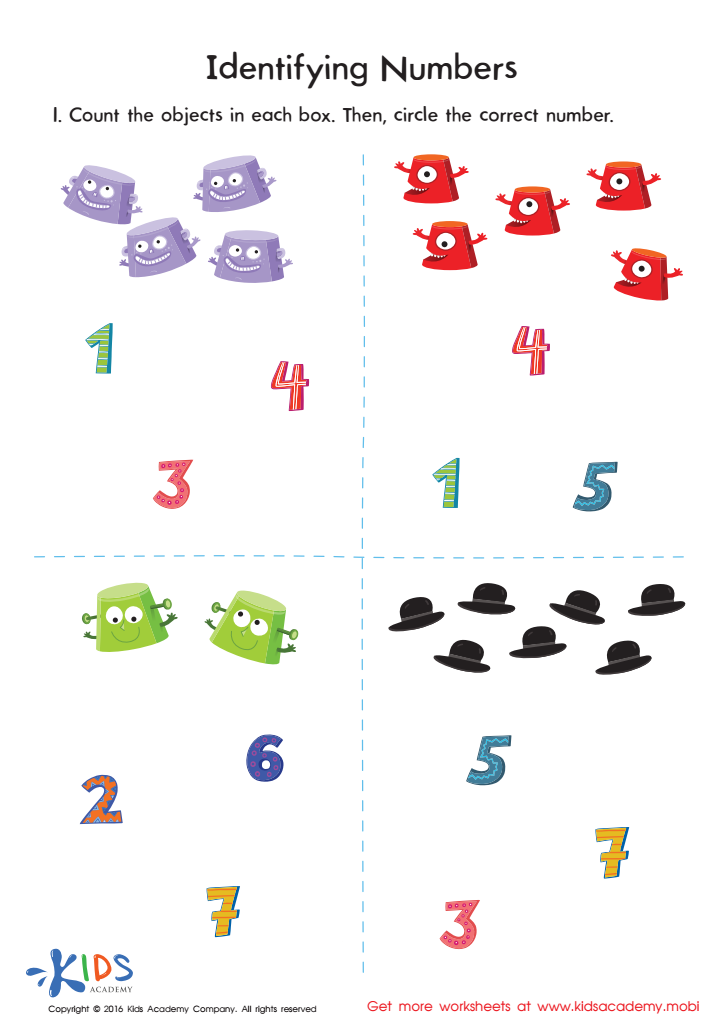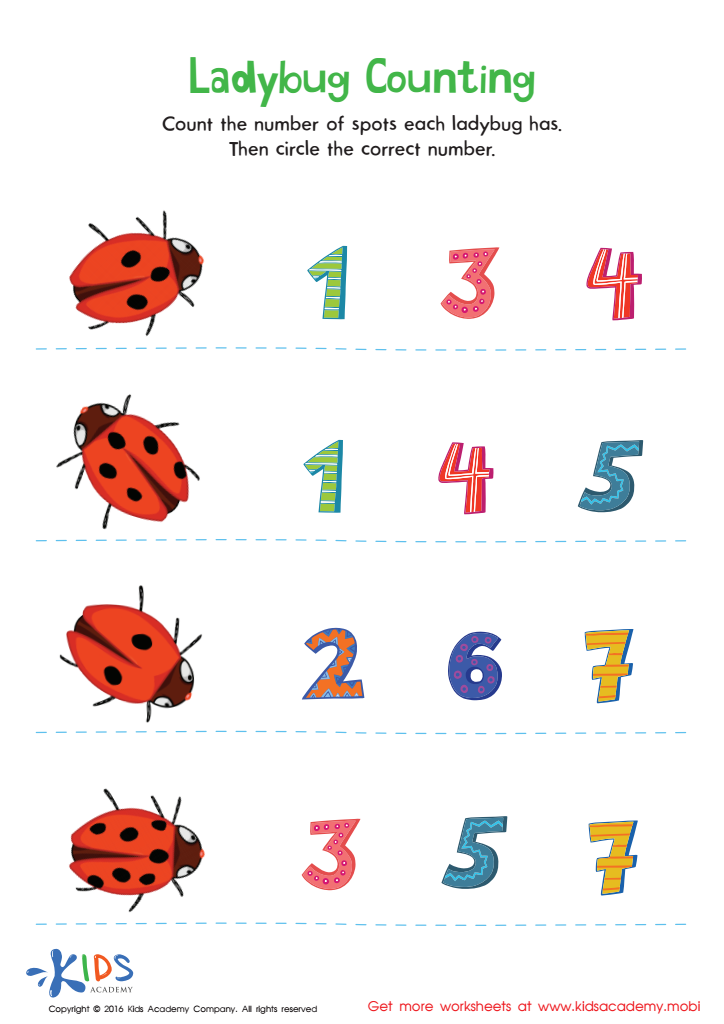Number Recognition Matching Worksheets for 6-Year-Olds
14 filtered results
-
From - To
Enhance your child's number recognition skills with our engaging Number Recognition Matching Worksheets, specifically designed for 6-year-olds. These worksheets offer fun, interactive activities that help young learners identify and match numbers with corresponding images, promoting overall numeracy. Perfect for home or classroom use, our worksheets foster critical thinking and reinforce counting practice. Children will enjoy colorful illustrations and dynamic exercises that support an enjoyable learning experience. With varied difficulty levels, these worksheets cater to each child's unique learning pace. Prepare your child for math success while having fun—download our Number Recognition Matching Worksheets today and watch their confidence soar!
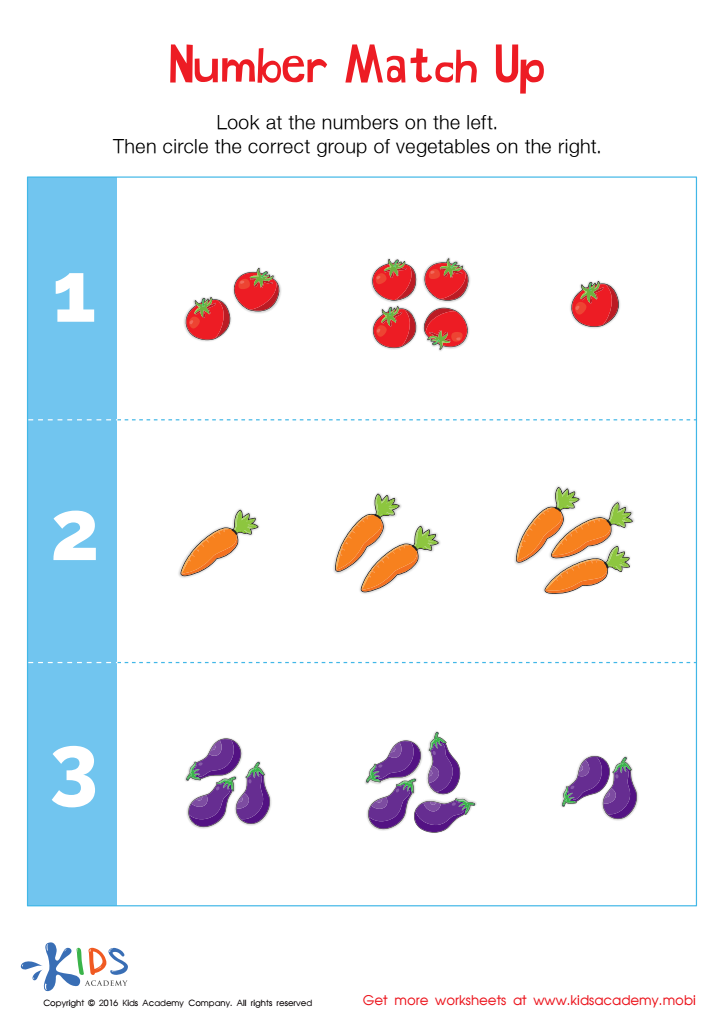

Number Match Up Worksheet
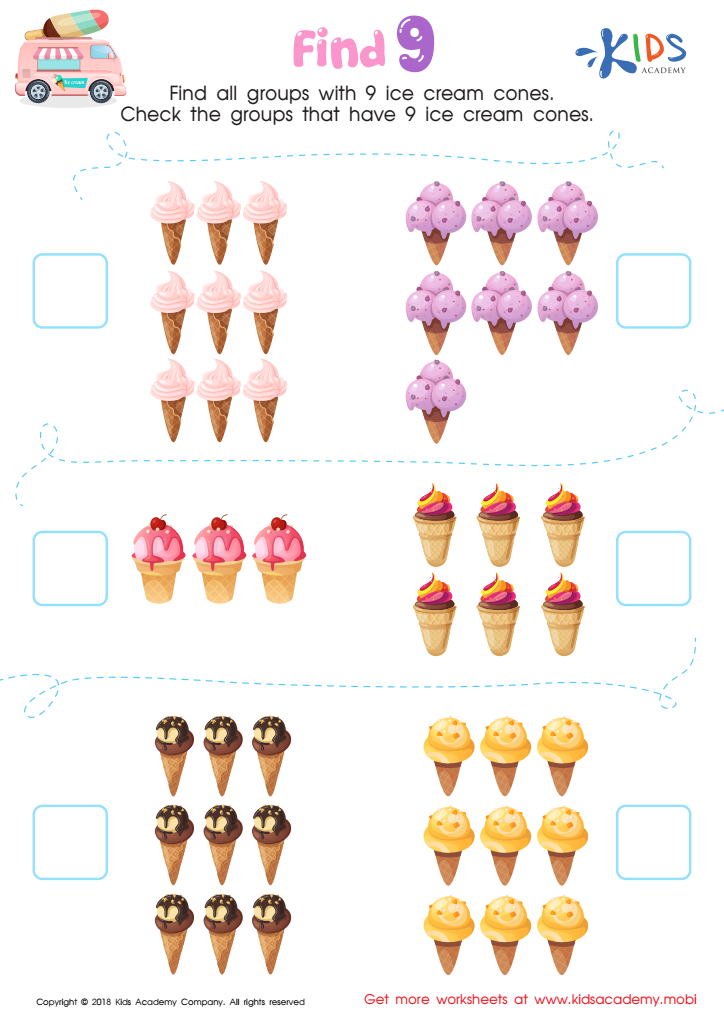

Find 9 Worksheet
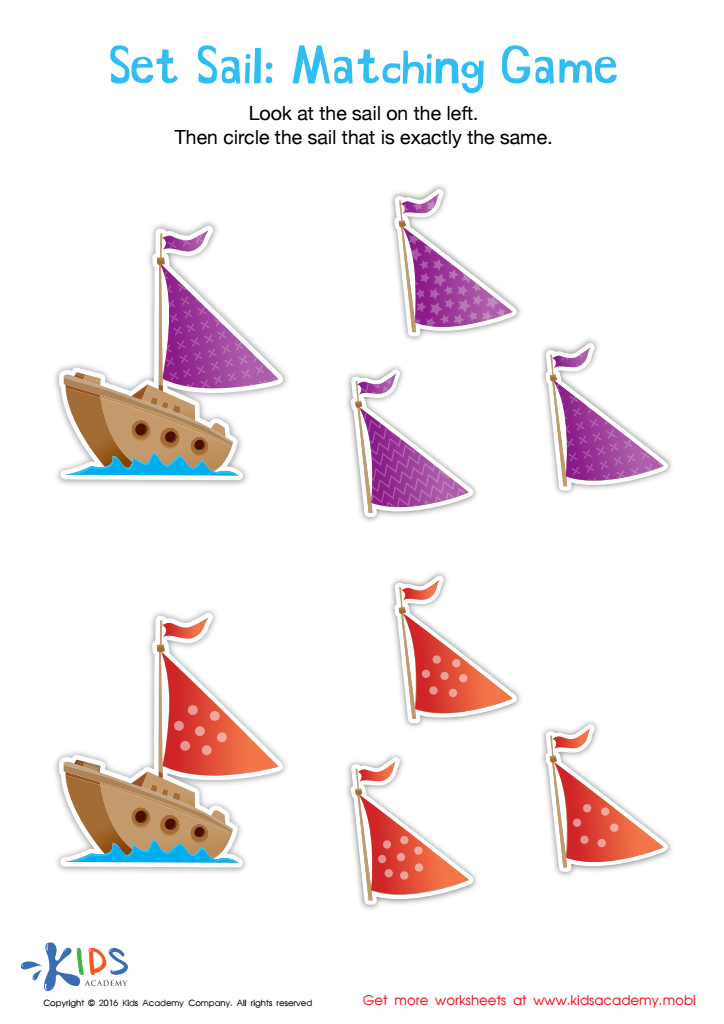

Set Sail Worksheet
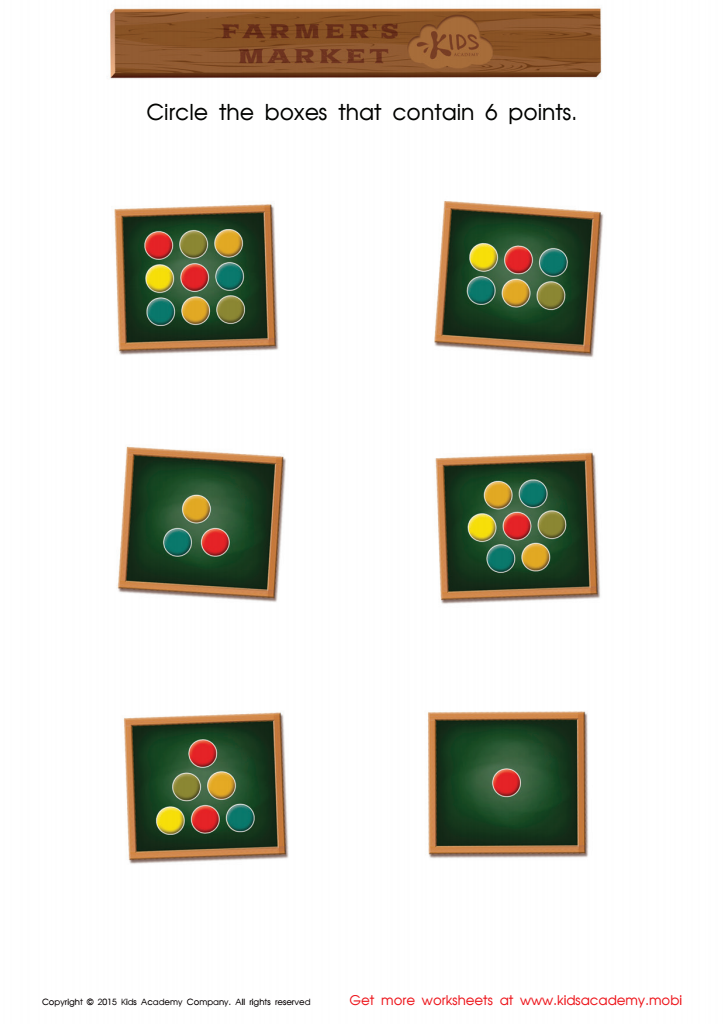

Count and Match Points 6 Math Worksheet
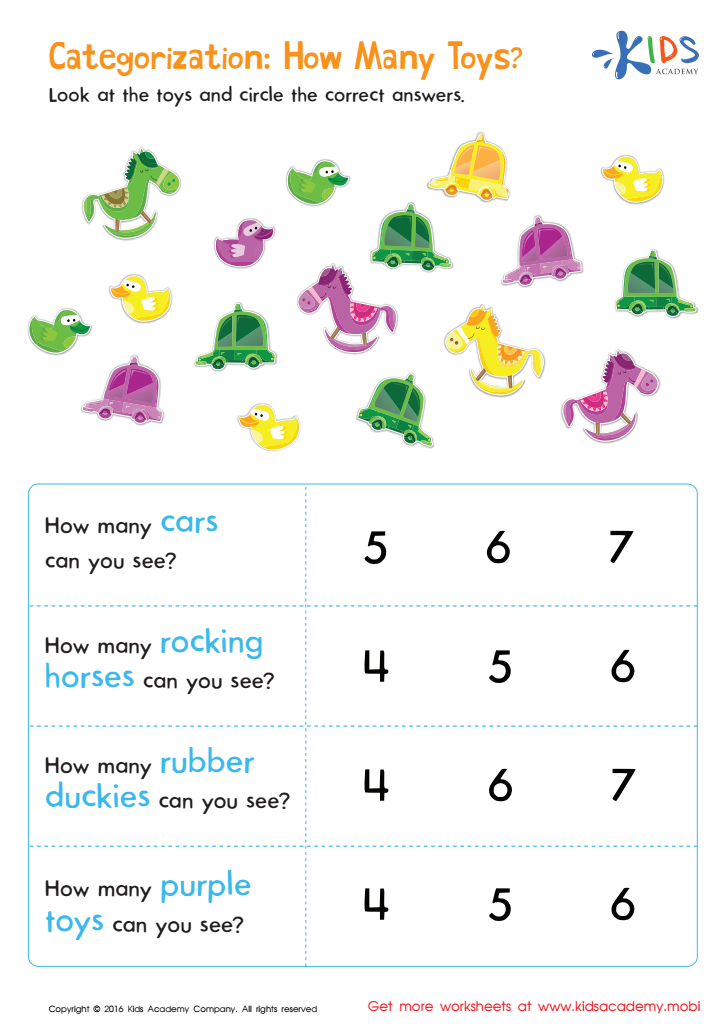

Classifying Toys by Type and Color Sorting Worksheet
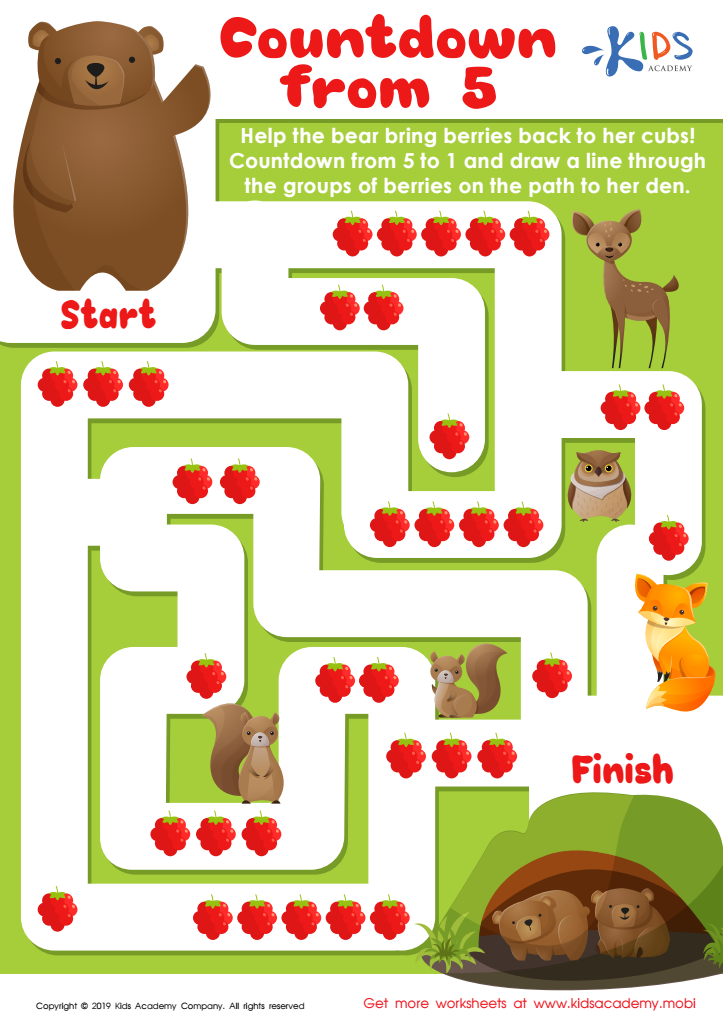

Countdown from 5 Worksheet
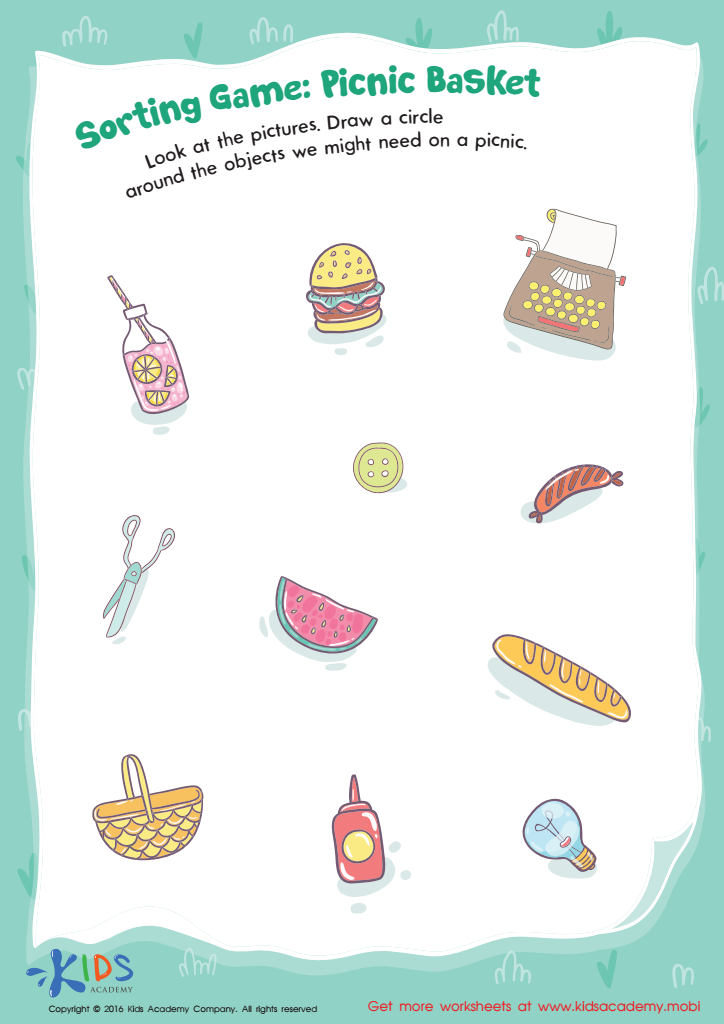

Picnic Basket Sorting Worksheet
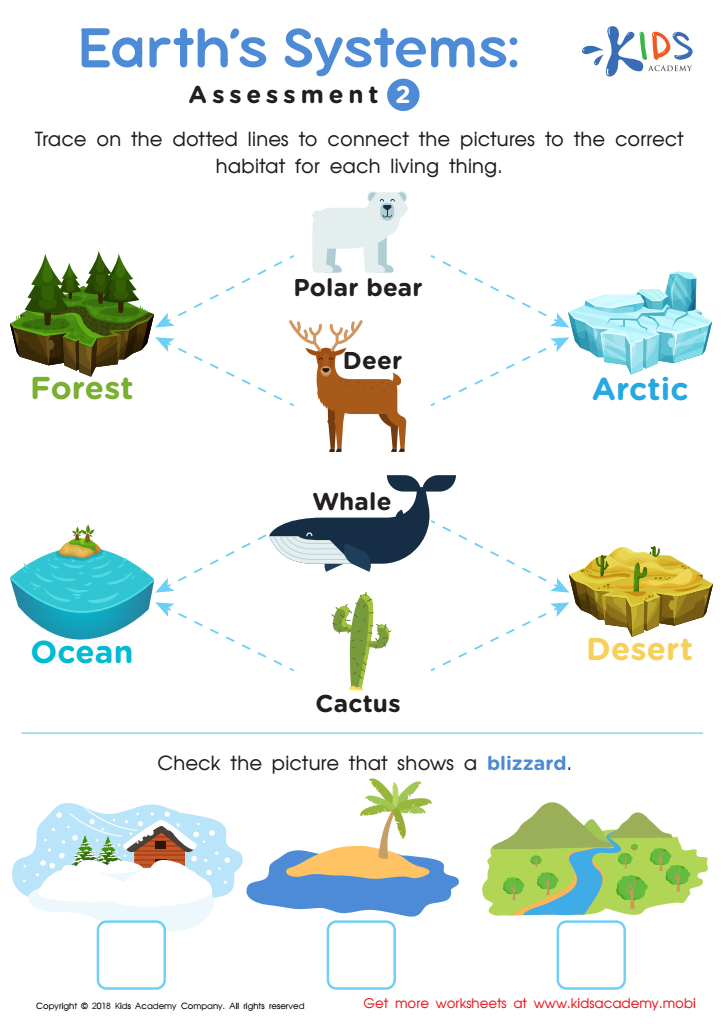

Earth's Systems: Assessment 2


Frog Countdown Worksheet
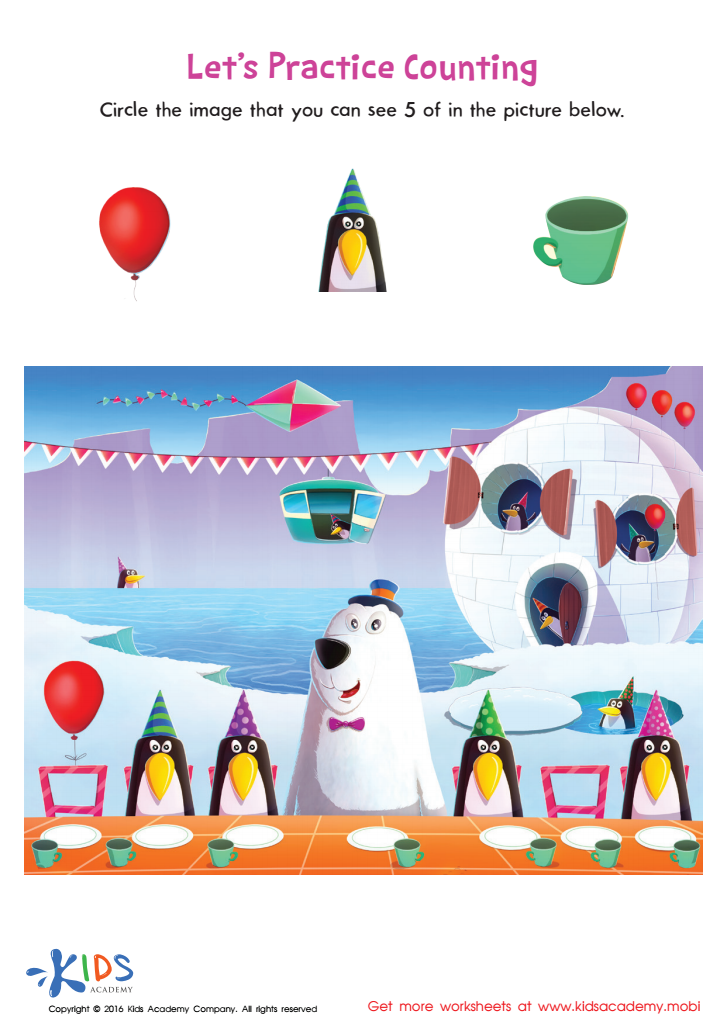

Counting Worksheet: Let's Practice Counting
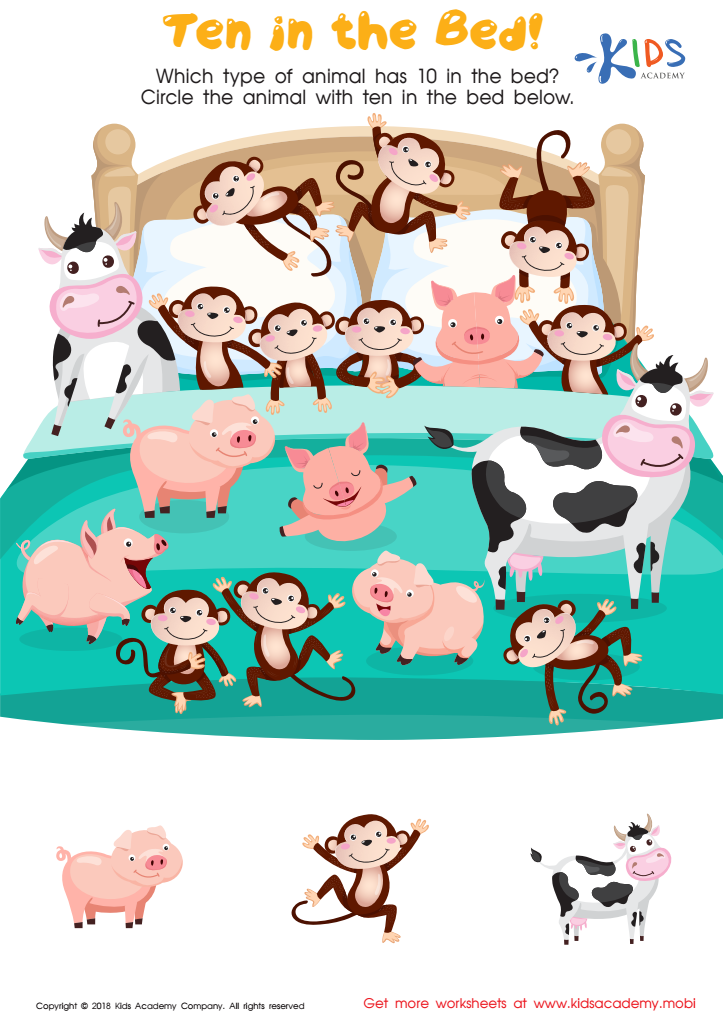

Ten in the Bed Worksheet
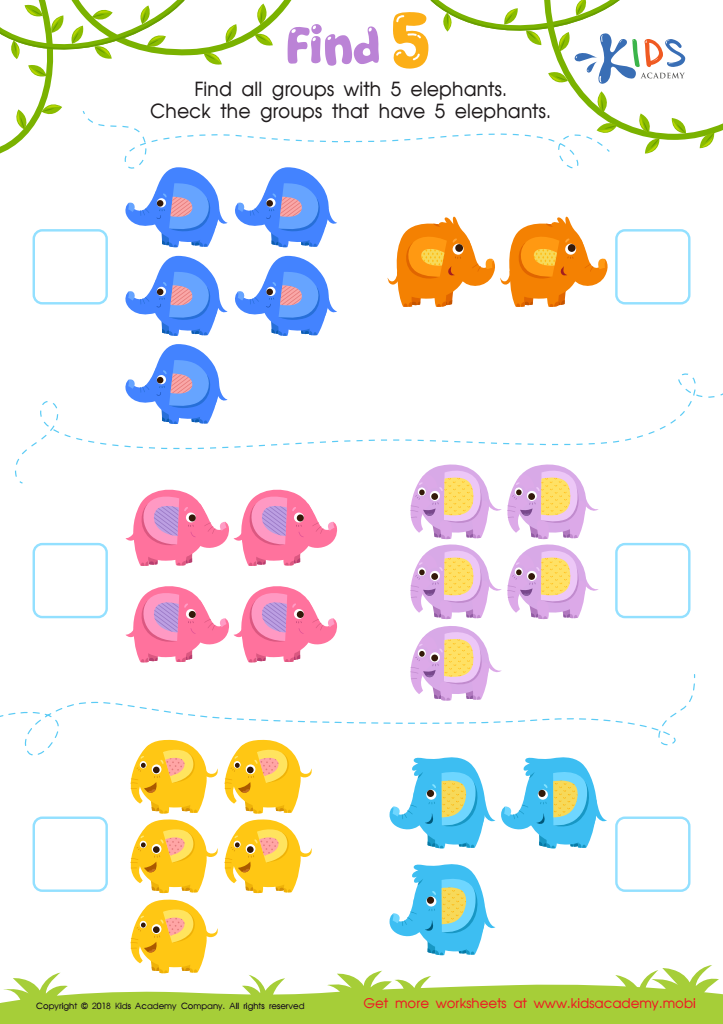

Find 5 Worksheet
Number recognition and matching skills are fundamental to a child’s early mathematical development, making it essential for parents and teachers to prioritize these skills for 6-year-olds. First, these skills serve as the foundation for more advanced mathematical concepts later in life. Recognizing numbers helps children understand quantity, value, and mathematical operations, which are vital for their academic growth.
Additionally, number recognition cultivates cognitive skills such as memory, attention, and problem-solving. When children engage in matching activities, they actively participate in a hands-on learning experience that enhances their ability to process information and make mental connections.
Moreover, teaching number recognition encourages confidence and independence in young learners. Children who can identify and match numbers are more likely to feel empowered in classroom settings, leading to increased participation and enthusiasm for learning.
Finally, these skills facilitate smoother communication between parents and teachers. Parents can support learning at home by reinforcing number recognition, while teachers can assess students’ progress effectively. A strong foundation in number recognition paves the way for a child’s success not just in math, but in a variety of subjects, making it crucial for educational caregivers to focus on this area of development.
 Assign to My Students
Assign to My Students
